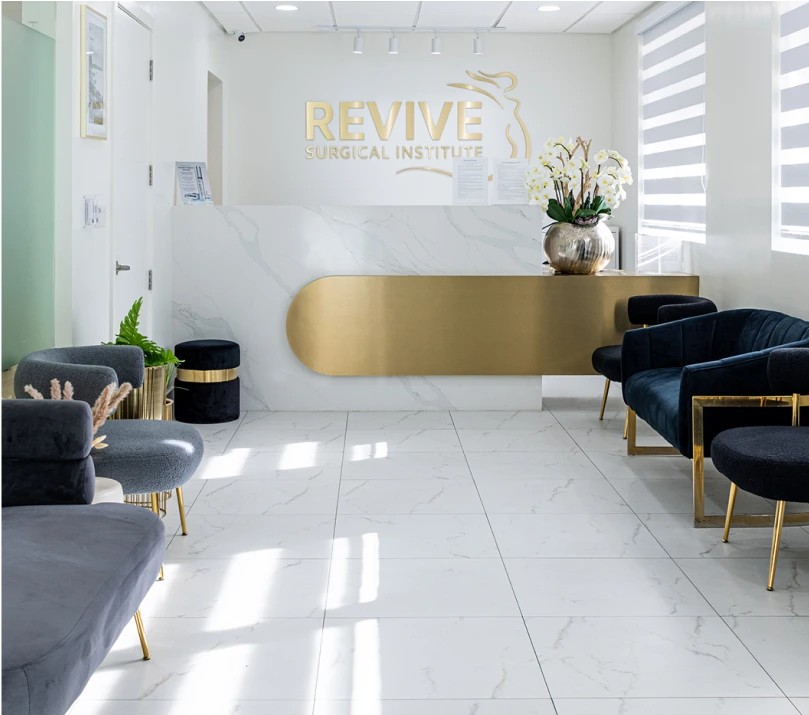Facing the lingering effects of a previous cosmetic or reconstructive surgery can leave individuals feeling frustrated, disappointed, or even self-conscious about their appearance or comfort. Whether it’s dissatisfaction with aesthetic results, complications that affect healing, or changes over time that alter initial outcomes, these concerns often create both physical and emotional challenges. Revision plastic surgery offers a path to address these issues, helping patients move closer to the results they originally hoped for while restoring confidence in their overall well-being.


Dr. Askari is honored to be recognized by Newsweek as the 2025 Best Plastic Surgeon & Best Tummy Tuck Plastic Surgeon. This award reflects his dedication to achieving natural, transformative results and his commitment to patient safety and care.

Corrective or revision breast surgery is a procedure that corrects or improves the breast’s shape, form, and size after prior breast surgery.
A woman who has had prior cosmetic breast surgery (lift, augmentation, etc.) may experience changes to the shape of the breast or experience problems with the implant over time. Many of these changes may be unavoidable, while others may be due to technical mishaps at the initial surgery years prior. This can result in deformities that can be corrected through corrective surgery.
Some of the most common reasons why individuals undergo corrective or breast revision surgeries include:
Our board-certified plastic surgeon will give you a thorough examination to identify your problem. Then, an individualized treatment plan will be created based on your specific desired improvements.



The cost of revision plastic surgery in Miami ranges from $5,000 to $15,000, depending on the complexity of the procedure, the techniques required, and the areas being addressed. Pricing can also vary based on factors such as the surgeon’s credentials, facility fees, and the type of anesthesia used. Since every case is unique, a personalized consultation is the best way to receive an accurate estimate tailored to individual needs. To learn more about your options and get a detailed cost assessment, schedule a consultation with Revive Surgical Institute today.

With extensive training and years of experience, Dr. Askari and Dr. Gerth bring a unique combination of skill and artistry to every revision case. As board-certified plastic surgeons, they utilize advanced techniques to address complex concerns while prioritizing patient safety and precision. Their compassionate approach ensures that each individual feels supported throughout the surgical journey, fostering trust and confidence in the care they provide.
Plastic surgeons can also perform breast revisions on patients showing complications from their previous breast operation.
Right after the procedure, results can be seen right away. However, it’s normal to see bruising, swelling, and experience mild pain after the surgery.
In some cases, doctors will need to place a draining tube inside the breasts temporarily to prevent fluid accumulation. You may also be advised to wear a supportive garment for a few days.
Most patients experience a less painful and shorter recovery period after a breast revision than after their initial surgery. However, it will still depend on the specifics and type of corrective surgery performed on you.
You should also lay off strenuous activities, like heavy lifting and sports, for at least three weeks after the procedure.